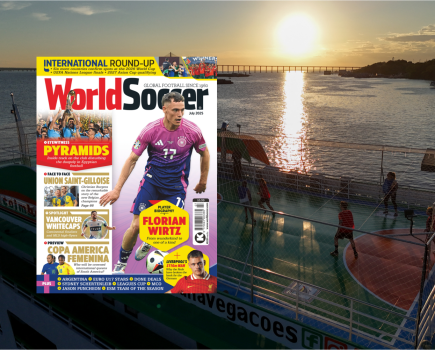Europe’s elite clubs will demand a slice of around 20 per cent of the 2006 World Cup profits in exchange for dropping their opposition to other FIFA competitions such as the Club World Cup and the Confederations Cup.
A formula linking compensation for national team call-ups in Germany in three years’ time was hammered out at today’s meeting in Brussels of the G-14 group which represents 18 of Europes leading clubs.
Peter Kenyon, the Manchester United chief executive who is a vice- president of G-14, said it was inevitable that negotiations would involve clubs’ attitudes to the world governing bodys more contentious tournaments.
The G-14 clubs will take their proposed formula back to FIFA in response to a challenge laid down by its president, Sepp Blatter, at a meeting between the two organisations last month.
Michael Van Praag of Ajax, another G-14 vice-president, said: “At the moment the only ones who do not benefit from the huge revenues of the World Cup finals are the clubs who provide the players. We take all the risks because we get the players back tired, injured and lacking in motivation. The clubs alsopay their salaries and insurance while they are away. We just want some compensation for that.”
Neither Van Praag nor Kenyon would comment on the likely compensation sum beyond confirming that the clubs had agreed unanimously on a specific formula. It is understood this would represent around 20 per cent ofthe World Cup profits to be split among all those clubs around the world – but mostly in Europe – whose players participate at the finals.
Last year’s tournament in South Korea and Japan generated a profit of around £140million which is expected to rise to beyond £200million in Germany. A 20 per cent slice would be £40million.
Kenyon, accepting that a similar concept could operate at the European Championship, acknowledged that the clubs would use their acquiescence to the 2003 Confederations Cup and 2005 Club World Championship as a bargaining tool.
He said: “We accept that the Confederation Cup, for example, is contracted and will go ahead but we think there is a way we can work with FIFA. It’s also inevitable, given the way the game is organised, that all these issues will be linked together.”
The clubs also considered progress in lobbying for a specific sports protocol to the European Unions Treaty of Rome and discussed how best to profit from a renegotiation of media rights to the Champions League.
The intervention of the European Commission means clubs can claw back, from next season, the right to certain Champions League match action via internet sites andclub TV channels. This has financial significance since UEFA has warned of a sharp fall in Champions League prize money because of the fall in the value of TV rights and reduction in the number of matches with the removal of the second round group phase.
By Keir Radnedge






